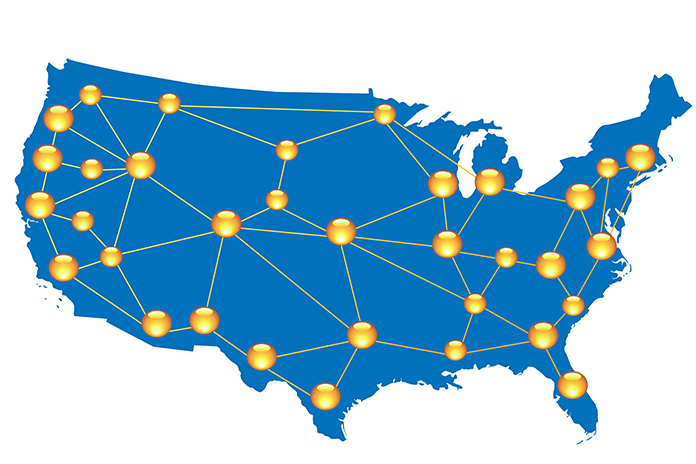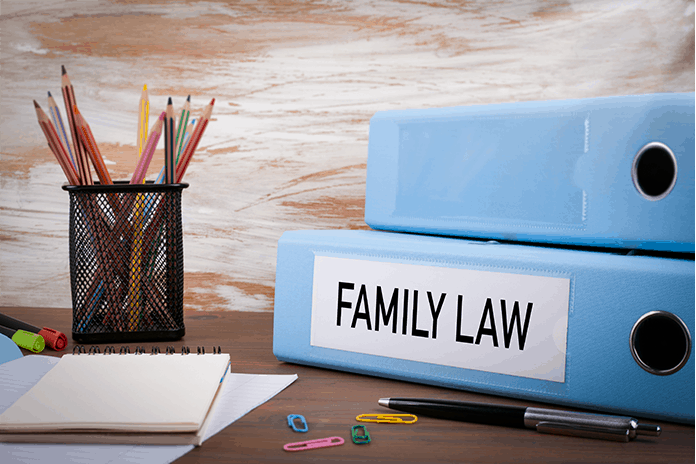If you and your divorcing spouse cannot agree on a custody and visitation agreement during your divorce process, the court will eventually have to step in to resolve the matter.
In NJ, one of the tools available to the court is the child custody evaluation.
What is a child custody evaluation like in NJ?
A child custody evaluation is a process in which a specifically-trained mental health professional, typically a psychologist, evaluates a child and the parents of that child in order to make a recommendation to the court regarding child custody and visitation rights.
The main focus of all custody evaluations is to ensure that the best interests of the children involved are being met as best as possible. This requires the psychologist to pay close attention to the needs of the children and the skills that each parent may or may not have to meet those needs.
When are custody evaluations performed?
The most common reason for a child custody evaluation is if parents are unable to reach an agreement on child custody.
Another reason for a custody evaluation is when one parent believes that their current custody agreement does not meet the needs of their children.
In either case, the judge will order a custody evaluation to get a recommendation for the best parenting arrangements.
How can I prepare for a child custody evaluation?
Undergoing a child custody evaluation can be very stressful for most parents.
Even if you are an exceptional parent, your nervousness may affect your actions during an evaluation. Here are some tips to help you remain calm and focused during the evaluation:
- Be cooperative. Keep in mind that the evaluator is just doing his or her job as requested by the court. Even if you disagree with the process, it is in your best interest to be respectful and cooperative.
- Be honest. The evaluator can usually tell if you are not being forthright. Honesty is always best.
- Present yourself well. Dress as if you’re going to a job interview. Show up on time. Speak calmly and clearly at all times.
- Be prepared. Consult with your attorney about questions that the evaluator will most likely ask. Find out if there are any documents that you may be required to present during the evaluation.
- Focus on your child. Your answers should let the evaluator know that you prioritize your child above all else. Do not use this as an opportunity to only bash the other parent.
- Compile a list of referral questions. You may be able to submit a list of questions that you would like the evaluator to ask during the evaluation. Discuss with your attorney if doing so would be to your advantage.
What happens during a child custody evaluation process?
In order for the mental health professional to make the best determination about custody, he or she will typically conduct multiple interviews with each parent separately as well as the child involved, if age appropriate. They may conduct interviews with others involved with the family as well, such as teachers, physicians, spiritual leaders, etc.
In addition to interviews, the mental health professional will observe each parent as they interact with the child, either at the evaluator’s office or in the home. They may also choose to perform psychological testing on the parents. Finally, the evaluator will review previous court records and legal documents regarding the divorce and custody case.
Based on all the information gathered, the evaluator will generate a report and submit it to the judge hearing the case. This report will include the evaluator’s recommendations on how custody should be awarded.
As with all legal proceedings, child custody evaluations can be challenging. Remember to consult with your attorney throughout the process to ensure you’re doing what’s best for you and your child.




